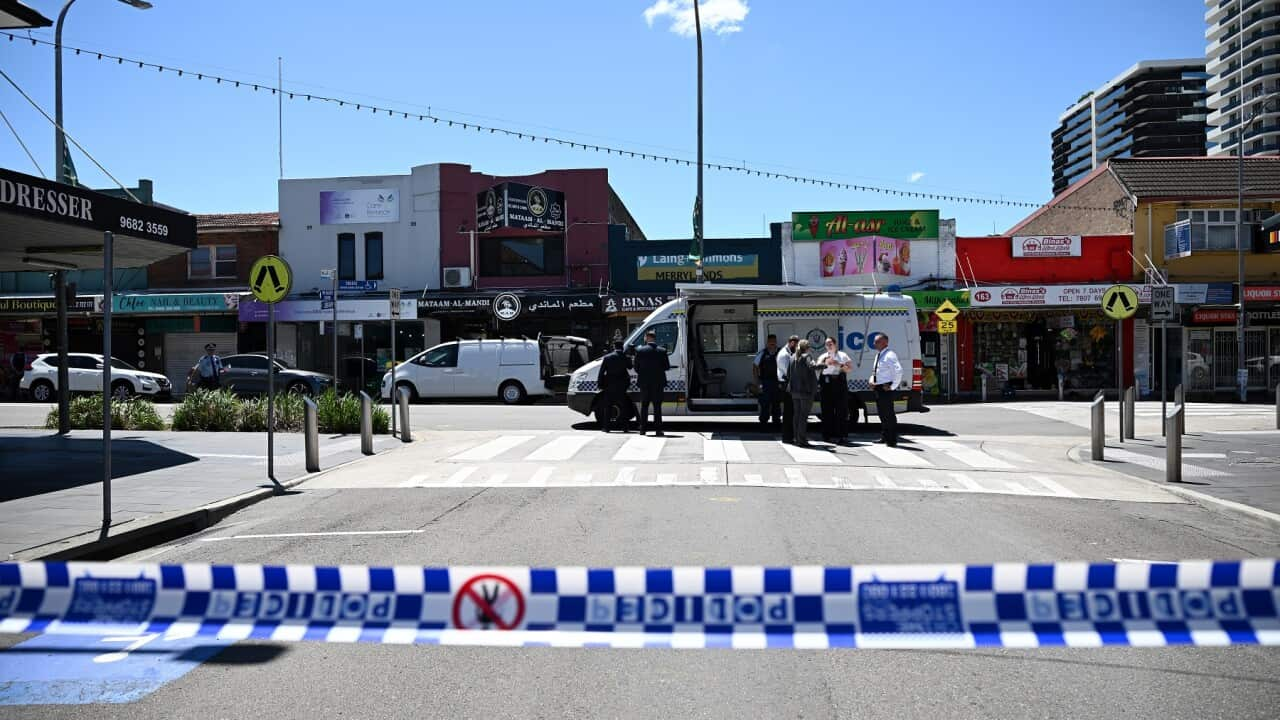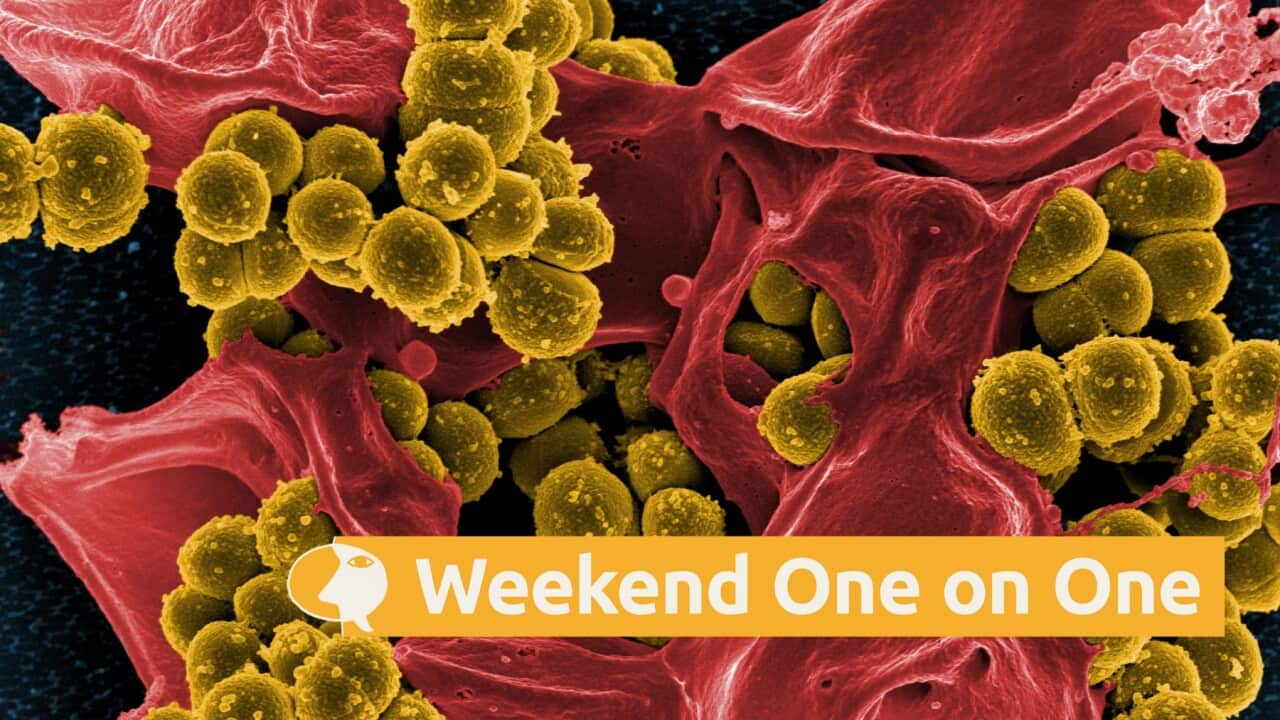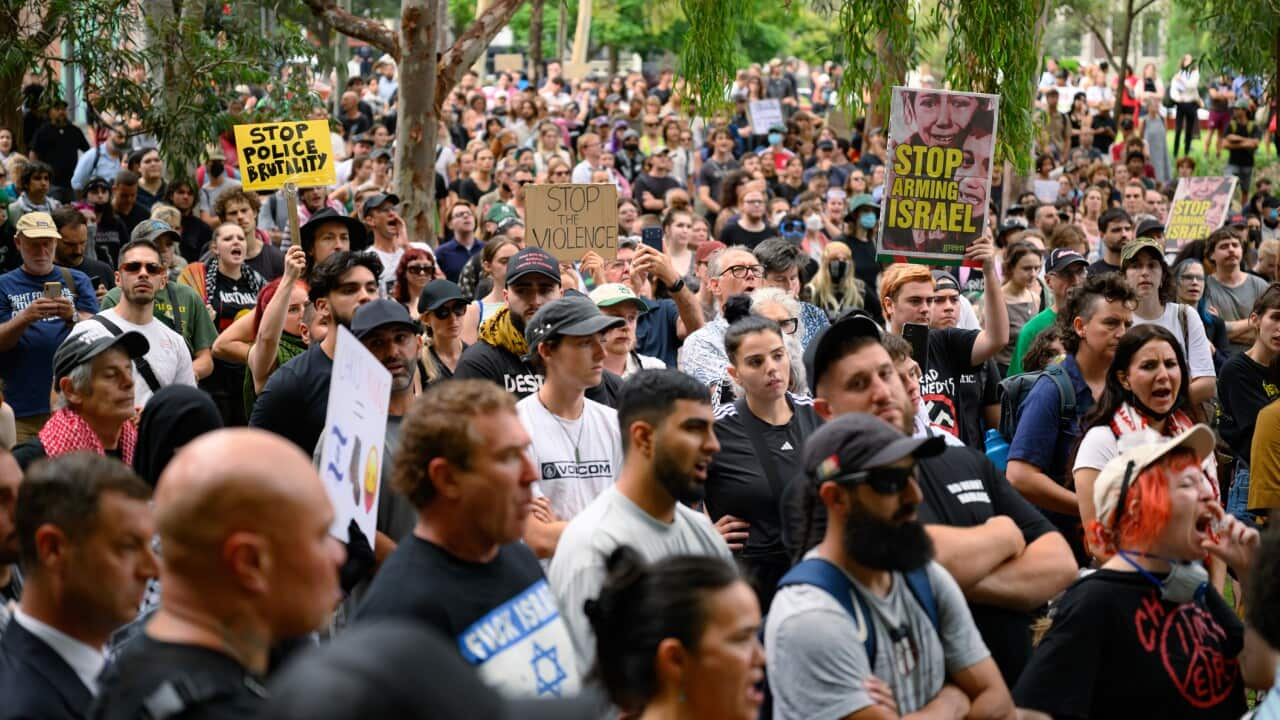Listen to Australian and world news, and follow trending topics with SBS News Podcasts.
TRANSCRIPT
"The ayes to the right, 379. The nos to the left, 137. So the ayes have it. The ayes have it. Unlock."
That was House of Commons Deputy Speaker Nusrat Ghani, calling the vote to an amendment that paves the way to fully decriminalise abortion in England and Wales.
Labour MP Tonia Antoniazzi introduced the amendment.
"I'm really pleased. But obviously, you know, the debate has been quite, you know, toxic and it's all been very difficult and there's been a lot of opposition."
The UK has seen a steady change to abortion law over the decades.
The first major change in 1967 permitted abortions up to 24 weeks with the approval of two doctors - but kept the original 1861 law that made deliberately ending a pregnancy a crime and stipulated that those who carried it out could be kept in penal servitude for life.
Another change in the law came during the COVID-19 pandemic, allowing women to receive abortion pills through the mail and terminate their own pregnancies at home within the first 10 weeks.
But because of the original 1861 legislation, the MP says that led to a handful of widely publicised cases in which women were prosecuted for obtaining abortion pills and using them to end their own pregnancies after 24 weeks or more.
"Originally passed by an all male parliament, elected by men alone, this Victorian law is increasingly used against vulnerable women and girls. Since 2020, over 100 women have been prosecuted. Six have faced court and one has been sent to prison."
The Labour MP says those investigations included women who suffered natural miscarriages and stillbirths, or those forced into abortions by abusive partners.
Ms Antoniazzi says their prosecutions exposed women to unnecessary pain and trauma.
"I've met these women, and I cannot believe what they have been put through, particularly in the case of Nicola Packer... The financial and the emotional trauma, and also being - having your whole personal life being public knowledge in a court of law. It's just wrong."
Dr Sonia Adesara from Doctors for Choice UK says the amendment has widespread support, including from the medical community.
She says criminalising women has been the wrong approach.
"For these women that are in, some of these cases where you're referring to, if a woman in late stages is considering having an abortion and I can't, you know, she must be in an extremely difficult situation, potentially a very vulnerable woman. Don't we need to make sure that that woman is able to get the care and the support that they need and that we can show them compassion?"
But Aisling Goodison from the Centre for Bio-ethical Reform UK says this latest amendment has nothing to do with protecting women.
"As well as this being, we're saying this is about women, it's actually about abortion business. We're cutting out the middle man; we're selling pills by post to women."
Conservative MP Sir Edward Leigh was one of the MPs who voted no.
He has told the UK's Channel Four News the prosecutions targeted in the amendment were entirely appropriate.
LEIGH: "Safe abortions in a clinic under medical supervision up to 24 weeks. that's the law and that's what we should we keep."
REPORTER: "So you think it is right these women should be prosecuted?"
LEIGH: "Well if you break the law - the law is the law."
The amendment can still be altered or even voted down, as it's a part of a greater bill on criminal law that is making its way through the House of Commons and the unelected upper chamber of parliament.
The House of Commons will now need to pass that bill before it goes to the House of Lords, where it can be delayed but not blocked.













